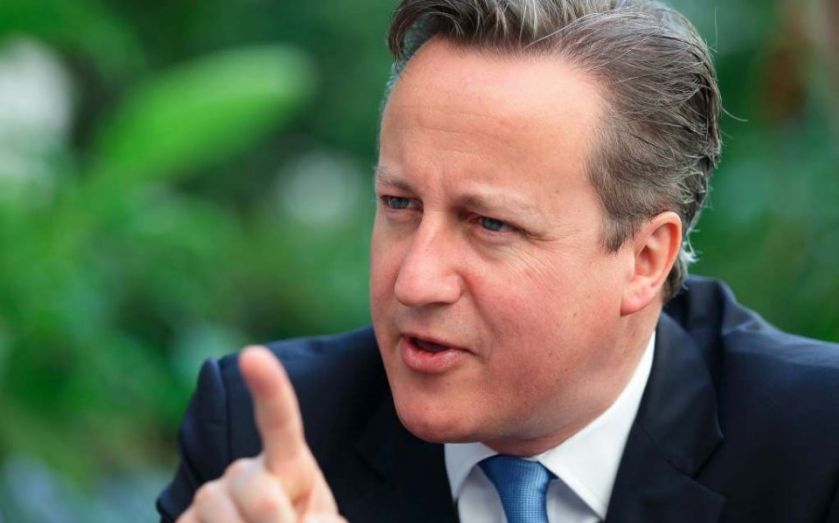As David Cameron vows to crack down on corrupt foreigners buying London properties, can PM lift the shroud of secrecy?

Prime Minister David Cameron grabbed headlines this week when he said: “There is no place for dirty money in Britain.”
Vowing to remove a “shroud of secrecy” surrounding luxury London properties owned by offshore holding companies, the Prime Minister said in a speech in Singapore that the UK “must not become a safe haven for corrupt money from around the world.
“We need to stop corrupt officials or organised criminals using anonymous shell companies to invest their ill-gotten gains in London property, without being tracked down,” Cameron said, citing figures showing that £122bn worth of property in England and Wales is owned by offshore companies.
Transparency International, an anti-corruption organisation, estimates that one in 10 residential properties in Westminster, just over seven per cent of properties in Kensington & Chelsea, and four-and-a-half per cent of properties in the City are owned by companies registered offshore in places like the British Virgin Islands or the Isle of Man, where disclosure requirements are less strict than in other countries.
Drawing upon proposals put forward by the organisation earlier this year, Cameron announced in Singapore that he had asked the Land Registry to publish data on such properties. He said the new, searchable list would include about 100,000 titles already held on the Land Register.
Cameron also said that the government would “look carefully at the case for insisting that any non-UK company wishing to bid on a contract with the UK government should also publicly state who really owns it”, but provided no further explanation about how such change might come about.
The lack of detail left Cameron open to criticism from legal experts, who told City A.M. that while the Prime Minister’s speech hit the right tone, his proposals amounted to “just one tiny drop in the pool” of tackling dirty money.
David Saleh, UK head of real estate tax at Clifford Chance, said that while compiling Land Registry data would allow people to see which properties were owned by foreign companies, it was inaccurate to assume that all of such properties were bought with corrupt cash, telling City A.M.: “Although it’s true that all money launderers are likely to use foreign companies, not all foreign companies are used for money laundering.”
And Polly Sprenger, an economic crime expert at Eversheds, said that while the Prime Minister took a “step in the right direction, a lot more could be done” to crack down on criminals.
Sprenger told City A.M.: “All that is being proposed is that the government will make public the knowledge of which properties are owned by an offshore company.”
She said that the Prime Minister’s proposals failed to pinpoint the “real golden goose” of offshore companies: their so-called “ultimate beneficial owners,” or the individuals behind the corporate front.
“There has to be a means by which, if a corporation is used for illegitimate purposes, that the person who is directing the actions of that corporation should not be able to hide behind it,” Sprenger said.
One person who is likely to agree with Sprenger is Donald Toon, director of the economic crime command at the National Crime Agency (NCA), who drew attention last week when he said that the London property market has been “skewed by laundered money”.
“Prices are being artificially driven up by overseas criminals who want to sequester their assets here in the UK,” Toon told The Times newspaper, citing new HMRC figures showing a windfall of almost £150m in three months for the Treasury from a new tax being levied on homes owned by companies.
According to HMRC, in 2013-14, the first year the tax was in place, it raised £100m, five times more than predicted, with 80 per cent of revenue from Westminster, Kensington & Chelsea.
City A.M. understands that the government had expected for the new tax to incentivise homeowners to take properties “out of the envelopes”, and into private ownership. But when multiple foreign buyers elected to remain as secret companies rather than save on their tax bill, it raised the extra revenues – and red flags – for the Treasury.